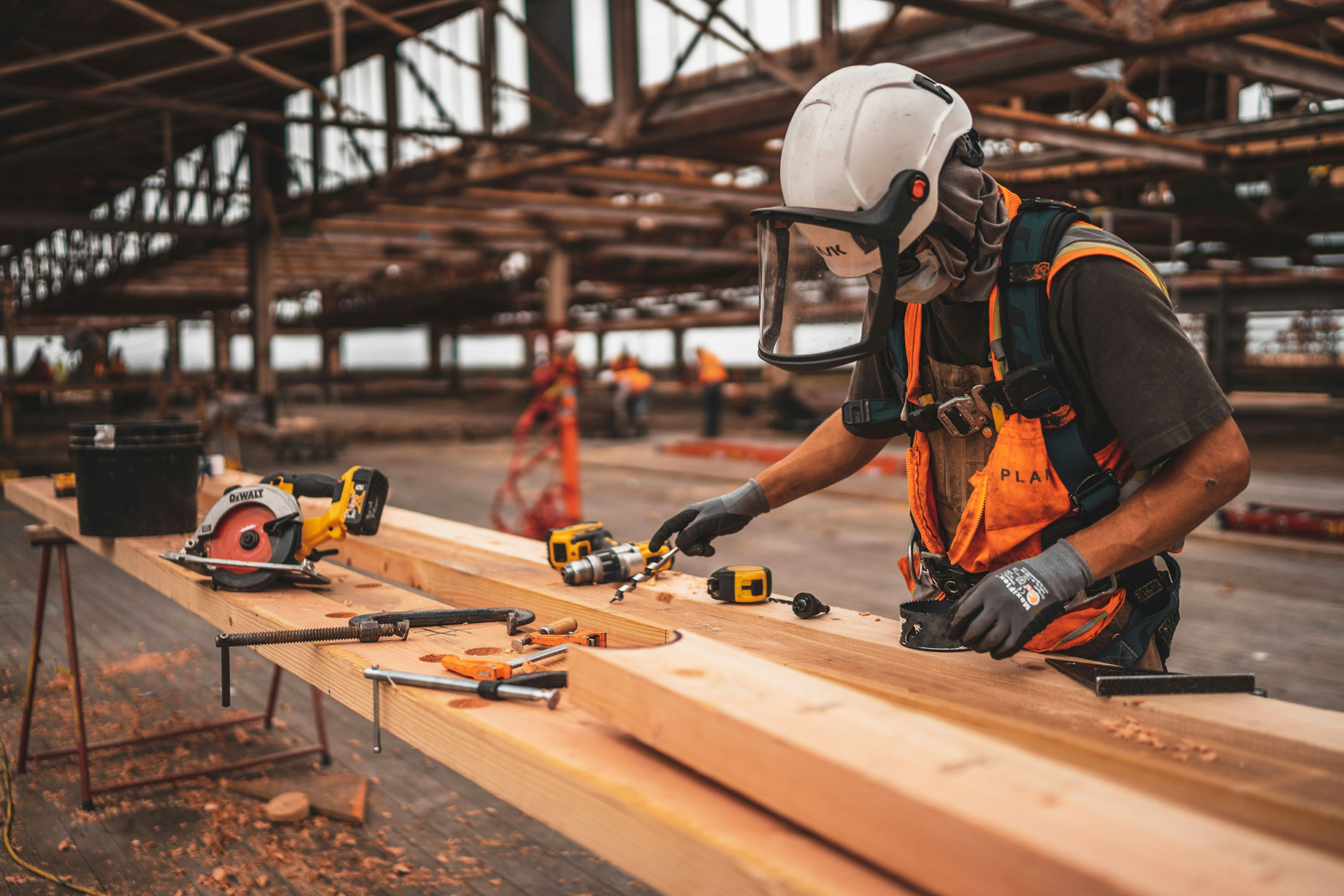
Stepping into the construction industry isn’t just about hammering or pouring concrete. It’s about building a future, both literally and professionally. Construction training programs have never been more crucial, as infrastructure demands and skilled labor shortages continue to rise. But with so many options, how do you know which truly sets you up for long-term success? The program’s quality, structure, and real-world relevance are the answer. A great construction training program doesn’t just teach skills; it creates a launchpad for career advancement, job security, and industry recognition.
A Strong Foundation Starts with Curriculum Depth
A comprehensive, up-to-date curriculum is at the core of any outstanding construction training program. This isn’t just about teaching the basics. A program that stands out dives deep into modern techniques, safety standards, and the latest building codes. Students should learn to read blueprints and operate machinery, understand energy-efficient building practices and sustainable construction methods, and manage job sites effectively. The best programs aren’t static—they evolve alongside the industry, integrating technology and modern methodologies into the coursework so graduates stay competitive.
Hands-On Training That Mirrors Real-World Experience
Nothing prepares you for the job site like being on one. The most reputable programs offer extensive hands-on experience, often through on-site labs, mock job sites, or partnerships with local construction firms. This tactile approach to learning helps students become confident in their abilities and prepares them to transition smoothly into real-world jobs. From laying bricks to welding beams, the ability to learn by doing is one of the clearest indicators of a high-quality training program.
Instructors Who’ve Been There, Built That
You can’t teach what you haven’t done. That’s why industry veterans lead the best programs with years of field experience. These instructors bring firsthand knowledge, war stories, and practical wisdom into the classroom, providing students with insights that extend beyond textbooks. Their mentorship often shapes not just the student’s skill level but also their work ethic and understanding of industry expectations.
Certifications That Mean Something
One way to evaluate the quality of a construction training program is to look at the certifications offered upon completion. Programs that align with OSHA, NCCER, or other nationally recognized standards immediately signal value to potential employers. These credentials boost employability and show a graduate’s commitment to professionalism and safety. In a field where certifications can open doors to better-paying opportunities, their importance cannot be overstated.
Career Support That Extends Beyond the Classroom
Learning to use a power drill is important, as is knowing how to land the job where you’ll use it. That’s why strong construction training programs provide robust career placement services. From resume building and interview preparation to job placement assistance and networking with local contractors, these programs treat your education as the beginning—not the end—of your career journey. The level of support students receive after graduation often separates mediocre programs from exceptional ones.
Flexibility That Fits Real Lives
Not everyone entering the construction field is a recent high school graduate. Many are career changers, single parents, or working adults looking to upskill. Top-tier programs understand this and offer flexible schedules, including evening classes, weekend options, and hybrid learning models. Flexibility doesn’t mean compromise—it means opportunity. A truly standout program allows a wider range of people to succeed.
Modern Facilities That Reflect Job Site Realities
If a construction program still teaches in outdated facilities using broken-down tools, that’s a red flag. A great training environment mirrors modern job sites. From updated tools and heavy equipment to digital design software and virtual simulations, the environment should prepare students for what they’ll face in the field. Programs that invest in their infrastructure also invest in their students’ futures.
Soft Skills Training for Long-Term Growth
It’s not enough to be good with your hands. Today’s construction professionals must communicate well, manage timelines, and work effectively. That’s why great programs incorporate soft skills development into their curriculum. Conflict resolution, time management, leadership, and client communication are all essential in advancing from laborer to supervisor or project manager. Programs that incorporate this training enable students to build lasting careers, not just temporary jobs.
Connection to the Local Industry
Another hallmark of a standout construction training program is its direct ties to the local building industry. Whether it’s apprenticeships, job shadowing, or guest speakers from major construction firms, these connections help students transition seamlessly from education to employment. Programs with active partnerships often boast higher placement rates because they are closely aligned with real-time labor market needs and trends.
Financial Accessibility and Return on Investment
Education shouldn’t bankrupt you, especially in a field where job demand is high. Leading construction training programs are transparent about costs, offer scholarships, and work with students to access financial aid when needed. But it’s not just about cost—it’s about value. Great programs show a clear pathway from enrollment to employment and often have alumni who can speak to the positive return on investment. When you see graduates thriving in well-paying roles, you know the program has a real-world impact.
Choosing the right construction training program is more than a career decision—it’s an investment in your future. A truly outstanding program gives you the tools, confidence, and support to grow beyond entry-level roles and into leadership within the industry. From hands-on experience and industry-certified instruction to career placement and long-term growth potential, the right training lays the foundation for a lifetime of success. If you’re ready to take that first step and set your career in motion, visit squaredawayconstructionllc.com and explore how the right education can help you nail down a future built to last.